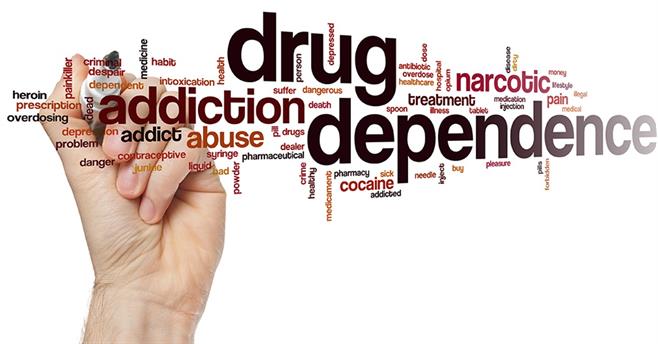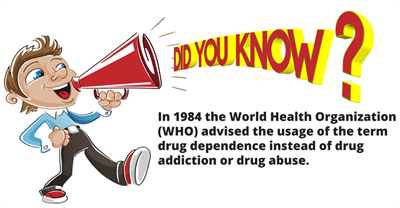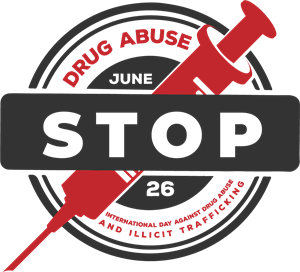
PUMPA - SMART LEARNING
எங்கள் ஆசிரியர்களுடன் 1-ஆன்-1 ஆலோசனை நேரத்தைப் பெறுங்கள். டாப்பர் ஆவதற்கு நாங்கள் பயிற்சி அளிப்போம்
Book Free DemoObserving our surroundings, we can see a large number of drug users. Because of their way of life, they are not only being harmed by drugs. Addiction has a wide-ranging impact on the entire family.
Before we can learn about drug addiction, we must first understand the distinction between drug abuse and drug dependence.
The abuse was considered the early stage of inappropriate drug use, resulting in dependence. But drug dependence is a more severe issue than abuse.
When drug abuse progresses to dependence, treatment becomes more difficult. Dependence on illegal drugs can be dangerous if not treated. As the body adapts to the drugs, the dose of the drug may be increased, resulting in overdoes or death. This section will study drug dependence and drug-deaddiction.
Drug dependence:
The condition in which people who consume drugs become entirely dependent on them and cannot live without those drugs is known as drug dependence.

A picture depicting drug dependence word cloud concept
Drug dependence is of two types:
- Physical and mental dependence
- Psychological dependence
It is a condition in which the individual depends on the drug for normal well-being and maintaining their physiological state.
It is a feel of an individual that drugs help reduce stress.
Behavioural changes of drug users:
The various adverse effects of drug use among adolescents are as follows:
- Absence from school or college, and a drop in academic achievement.
- The victims lose interest in personal hygiene, leading to isolation, depression, fatigue and aggressive behaviour.
- Relationships with family and friends are weak.
- Diet and sleeping habits change.
- Bodyweight and appetite fluctuations.
- Always on the lookout for a quick way to earn cash to purchase drugs.
- Infections such as AIDS and Hepatitis B are common in these victims.

WHO advise in 1984
Drug-Deaddiction:
Drug de-addiction is a complicated and challenging task as it involves the recovery of drug addicts. It is a long and slow process.
Family members, friends, and society play a prominent role in this process.
The process of Drug-deaddiction involves 5 phases as follows:
1. Detoxification:
- It is the first phase of the process.
- During this phase, the drug is gradually discontinued, and the addict is assisted in overcoming withdrawal symptoms.
- Because the addict is experiencing great physical and emotional distress during this procedure, they are given medication to help them.
2. Psychotherapy:
- During this, psychologists and counsellors provide individual and group counselling.
- The treatment includes reducing the addict's stress, teaching new methods to tackle everyday difficulties, eating a healthy diet, resting, and relaxing.
3. Counselling to family members:
During this phase, social workers advise family members on adjusting their rejecting attitudes so that the family and society accept the addict.
4. Rehabilitation:
They are given proper vocational training to live a healthy life and contribute to society.

A picture depicts stopping drug abuse.